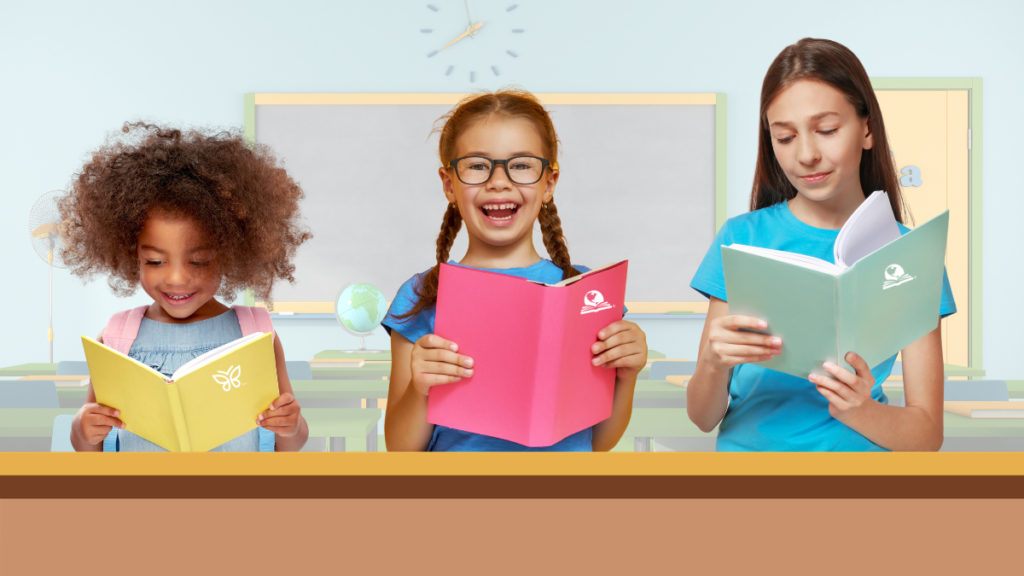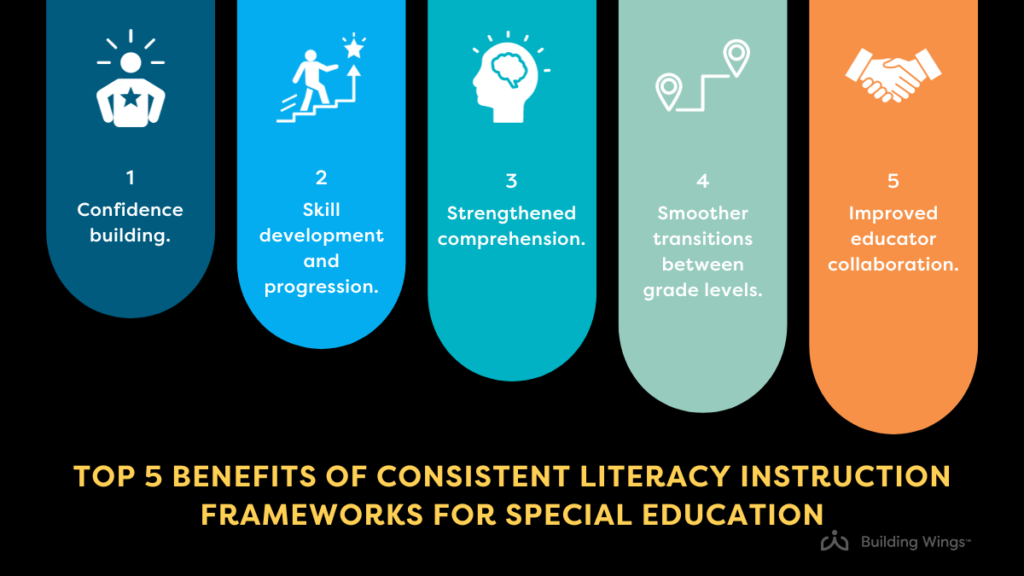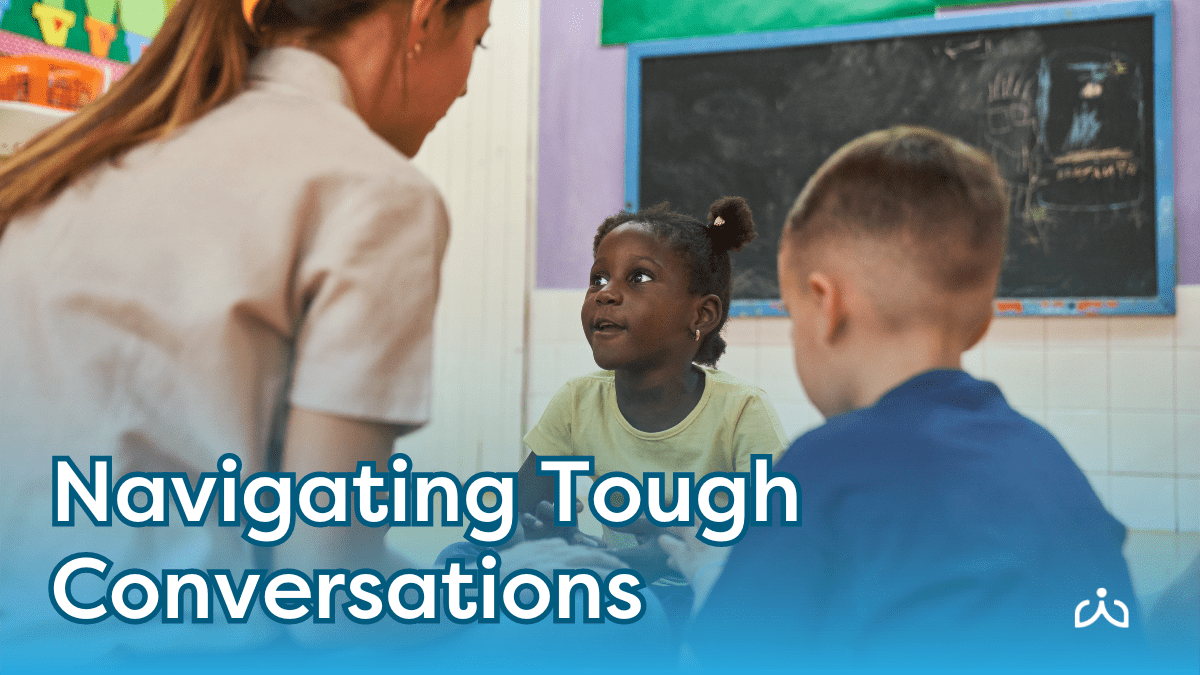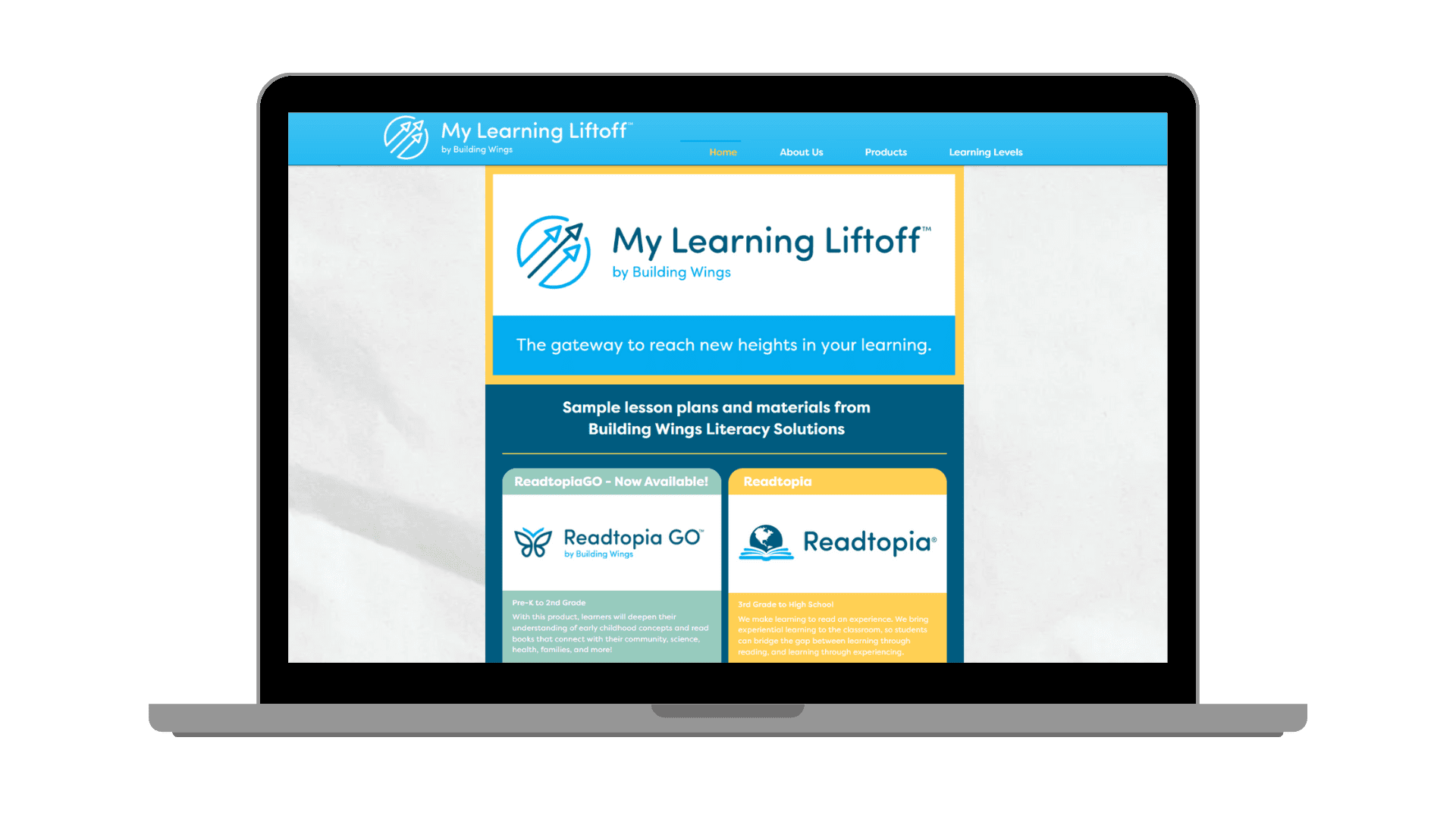The Benefits of a
Consistent Literacy Instruction Framework
For students with complex learning needs, the importance of routines and predictability is well-documented. Using the same literacy instruction framework for students from Pre-K through high school+ ensures consistency in instructional materials and offers many advantages to districts, schools, administrators, educators and students.

Constancy is Comforting
Whether you’re a toddler attending storytime, a student writing a paper, or a voracious reader looking for something new to read, libraries have common elements and similar procedures to read and borrow books providing constancy, familiarity and a sense of knowing what to expect.
Learning What to Expect in the Classroom
Using consistent instructional frameworks in a classroom and between grade levels can also offer comfort and familiarity. It’s like returning to the library: the routine is the same, but you leave with a different book each time. With a consistent framework and classroom routines, students can focus more on what they are learning rather than on how the instruction is delivered.
Developing Literacy Instruction Consistency
from Grade to Grade
School districts that use ReadtopiaGO (PreK-Grade 2+) and Readtopia (upper elementary, middle, high school, and secondary transition) for literacy instruction for students receiving special education services provide students with a consistent framework from PreK-Grade 12+.
Each year as students change grades, they receive instruction using similar daily instructional routines. As students grow and mature, the literacy framework grows with them, strengthening their reading and writing skills while being a source of constancy and reliability. Utilizing a consistent framework also benefits educators and substitute teachers who may change grades or schools within a district. Educators don’t have to get a refresher on anchor, read, apply or predictable chart writing because those instructional routines are integrated within the lessons and Teacher Guides of these literacy instruction curriculums.
Although lessons change, the framework is constant and the Teacher Guides are formatted in a similar way throughout grade levels.
The benefits for educators and learners are significant.
Top 5 Benefits of Consistent Literacy Frameworks for Special Education Students and Educators

-
Confidence building. Encountering familiar material builds learners’ confidence. Knowing what to expect from their learning environment and their instructional materials helps students engage more actively in their learning and take greater risks, which are an essential element of learning.
-
Skill development and progression. Consistent instructional frameworks help students achieve a structured progression of their literacy skills. Students build upon their knowledge from one unit to the next and from each grade level to the next, which reinforces foundational skills while introducing more complex concepts. This gradual, consistent progression helps learners grasp new ideas while still being grounded in the fundamentals they know well.
-
Strengthened comprehension. When students encounter consistent methods and strategies in the classroom, they become better able to extract meaning from text. This enhances their ability to decode words, identify themes and big ideas, and make inferences.
-
Smoother transitions between grade levels. Transitioning grade levels can be stressful for any student. For students with complex learning challenges, moments of transition can be especially taxing, so much so that emotions can interfere with learning. A consistent literacy framework can help ease this transition by providing a sense of continuity. Even if the classroom looks different or the group of students is new, the instructional content is familiar. This can reduce anxiety and promote a smoother transition.
-
Improved educator collaboration. When all educators are working from the same framework, they’re more likely to teach concepts consistently and equitably, using the same language and explanations to help students understand. It’s also easier for teachers to develop IEPs and tailor instruction when working from a shared framework of comprehensive literacy instruction.
Components of Evidence-Based Literacy Instruction
- Integrated lessons across ELA, science, life skills, social studies, and math
- Differentiated materials for all learner levels
- Engaging thematic units featuring custom-made multimedia elements
- Content-specific classroom support tools to monitor learner progress
- Built-in assessment tools
- Elearning support
- Experiential learning opportunities
- Functional life skills development
You can also dive deeper into what makes Readtopia different and why it matters.
Want to learn more about bringing a consistent literacy framework to your students and teachers? Try sample instructional materials or contact us to discuss how ReadtopiaGO, Readtopia, Newstopia, and News Currents can help your students with complex learning challenges achieve new heights in their literacy development.





